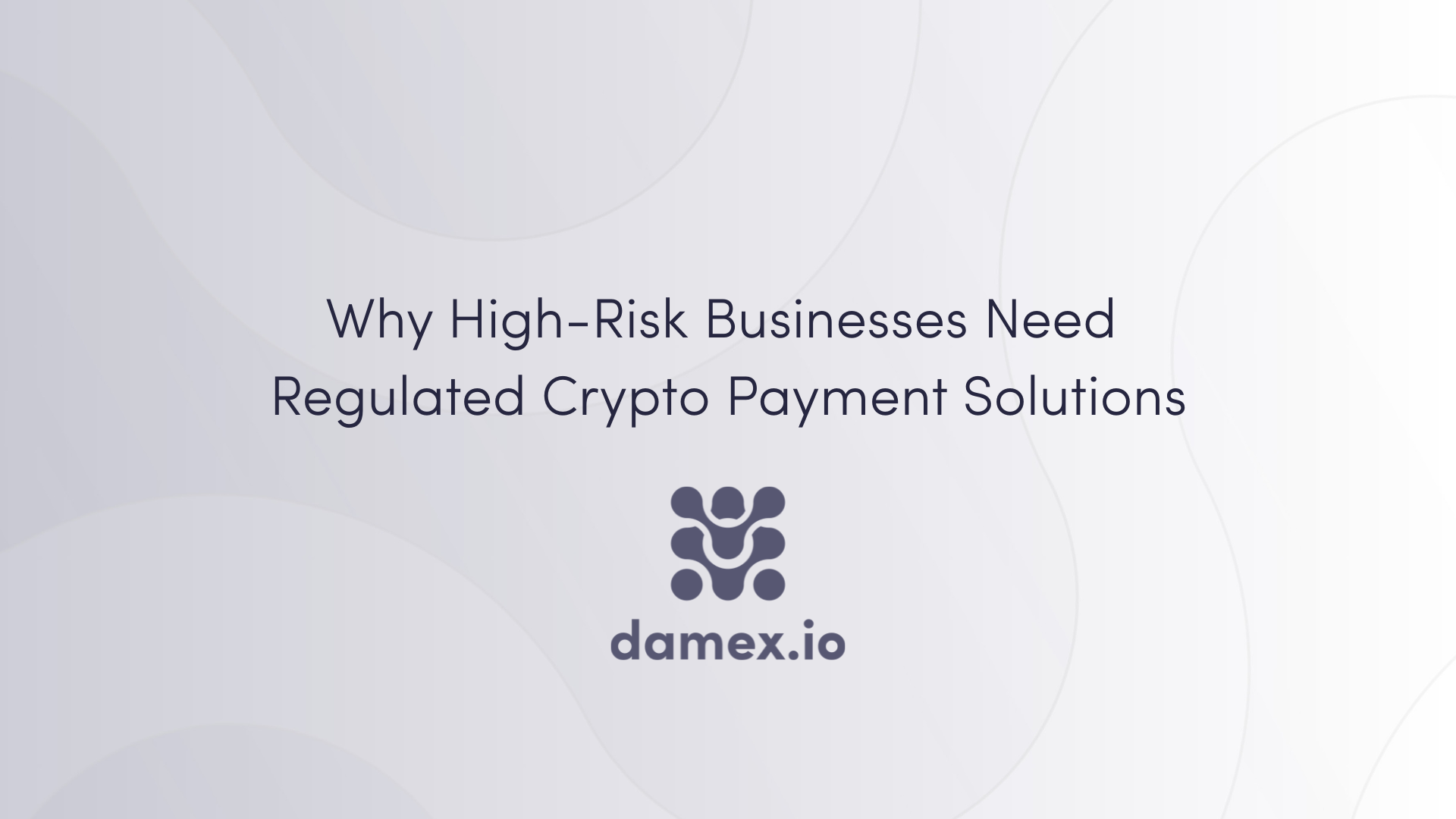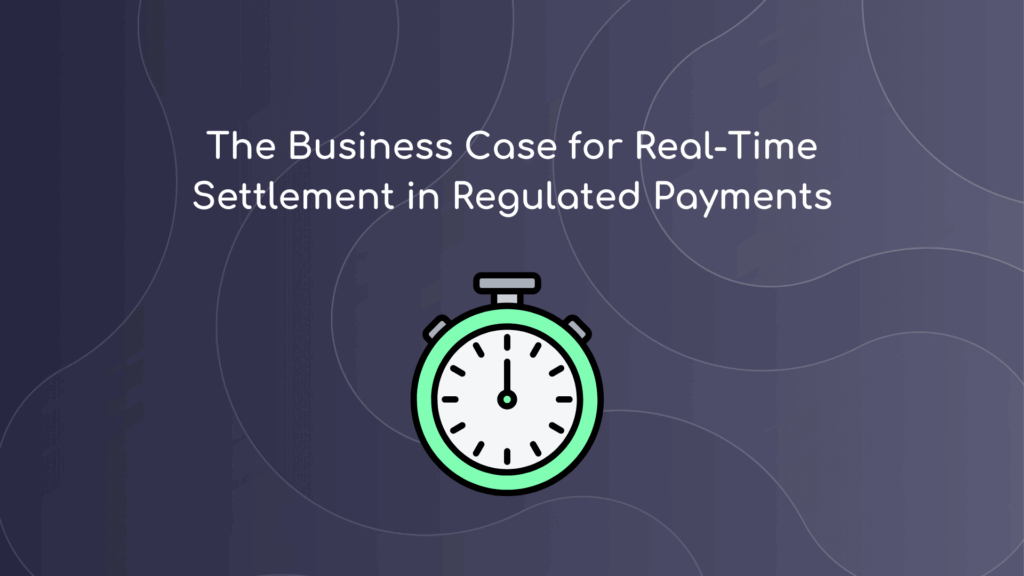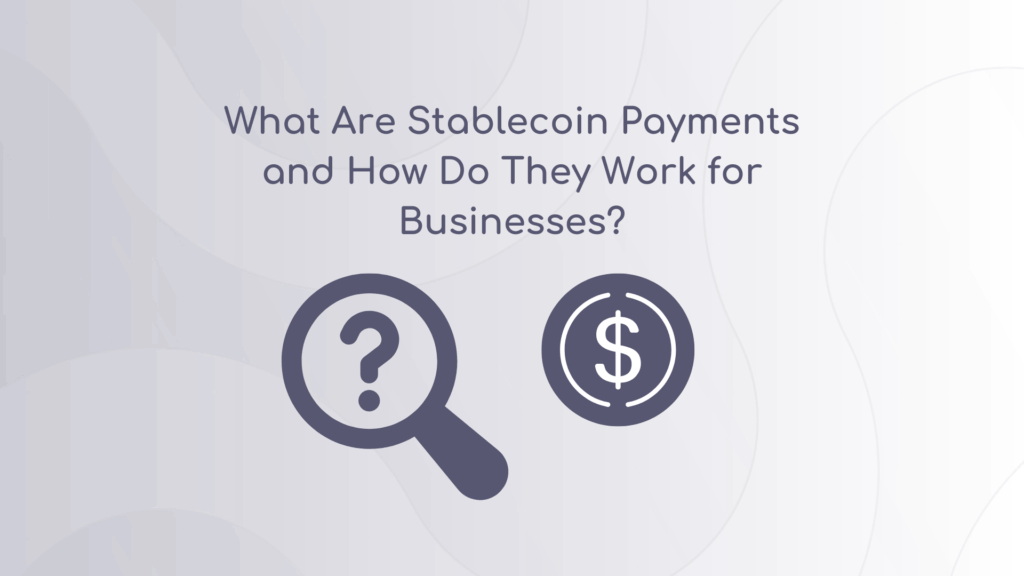Introduction
Operating in a high-risk industry, such as iGaming, FX, VASPs, or nutraceuticals, often means limited access to traditional banking. Even well-run, compliant businesses are frequently denied merchant accounts or face excessive fees and processing delays.
That’s where regulated crypto payment solutions come in. With the right partner and technology, high-risk businesses can legally access fast, low-cost, and global payment infrastructure—without compromising on compliance.
What Makes a Business “High-Risk”?
Financial institutions typically categorise businesses as high-risk based on:
- High chargeback rates (e.g., subscription services, gambling)
- Regulatory complexity or lack of clarity (e.g., crypto exchanges, NFT marketplaces)
- Association with controversial or restricted industries (e.g.Regulated CDB products, nutraceuticals)
- Global operations that involve difficult-to-monitor jurisdictions
Traditional Banking Challenges for High-Risk Businesses
| Challenge | Impact |
| Merchant account denial | Limits ability to collect payments |
| High payment processing fees (5–10%) | Reduces profit margins |
| Frozen accounts or delayed settlements | Affects cash flow |
| Reputational risk | Makes partnerships harder |
| Complex onboarding | Increases friction |
How Regulated Crypto Payment Solutions Solve These Issues
✅ Access to Borderless Payments
Stablecoins such as USDC allow businesses to send and receive payments 24/7, without relying on traditional banking rails.
✅ No Risk of Chargebacks
Crypto transactions are irreversible, protecting merchants from chargeback fraud, one of the biggest pain points in high-risk sectors.
✅ Lower Fees
Transaction fees are under 1%, regardless of geography or industry type. Compare that to 5–10% for card processors serving high-risk merchants.
✅ Faster Settlements
Payments settle in minutes, not days. This improves liquidity, helps cover payroll, and supports operational agility.
✅ Full Compliance, No Shortcuts
A legitimate crypto payment provider ensures:
- AML screening of addresses and counterparties
- KYC onboarding of users or clients
- Transaction monitoring and reporting tools
- MiCA-ready stablecoin infrastructure
Choosing the Right Crypto Payment Partner
Not all providers are equal. Look for one that offers:
- Regulated stablecoin integration (USDC,
- IBAN issuance and fiat on/off-ramps
- Audit trails and real-time transaction reporting
- Experience working with high-risk sectors
- Clear AML/KYC compliance framework
Conclusion
For high-risk businesses, regulated crypto payments offer a lifeline to fast, secure, and compliant financial infrastructure. Partnering with the right provider allows you to operate confidently, without sacrificing regulatory integrity or speed.
As crypto regulation tightens, those already using compliant stablecoin solutions will be ahead of the curve, and free from the limitations of outdated banking systems.
Damex.io is regulated in various jurisdictions. Damex provides services to institutions and sophisticated investors only and Damex’s services are not available to retail users. Information on services provided relevant to your jurisdiction and information on the unique risks that digital asset trading carries are available at damex.io/disclaimer and damex.io/risk-notice.






